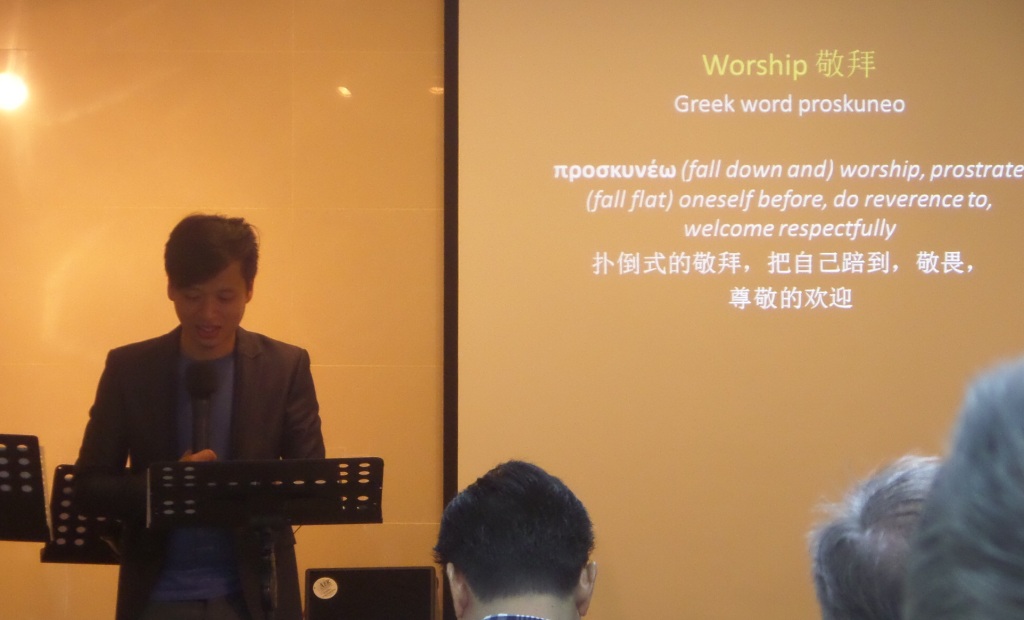
Worship is an essential part of our relationship with God. It is our response to God for His grace, love, and sovereignty upon our lives and it is both personal and corporate. So what is the heart of worship? Recently, Pr Mun Chung shared a message at the Aglow Assembly, a bilingual Cantonese-English church in SS15 Subang, concerning this.
What Worship Is Not
Firstly, what is worship? It is not the music, performance, or feeling. It is not touch and go, Pr Mun Chung communicated. The original Greek word for worship is Proskuneo, it means to prostrate oneself before, or give reverence to. This word sums up as a surrendering of our lives and a submission to the Lordship of a Master. In today’s world, many of us have taken the understanding of worship lightly. We have become a generation who worship our work, work at our play, and play at our worship.
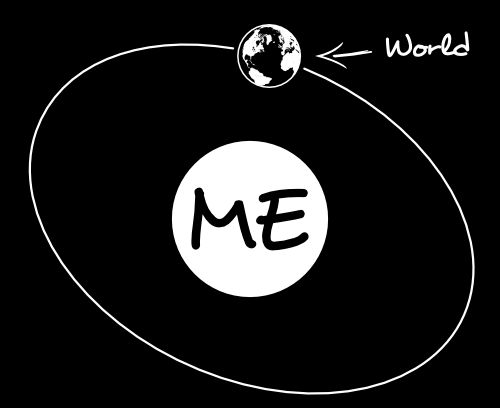
We become what we worship. Pr Mun Chung pointed out that the object we worship defines who we are. They center our lives and affect everything we do. For instance, if we go after fame and popularity, that will define who we are and what our lives are about and sometimes it can become an obsession. The same goes for all idols. He imparted that in order to know and live for God, He must be the focus of our life of worship
Our Worship Is Not Cheap
Our worship is not cheap nor does it cost next to nothing. Hence, it shouldn’t be done off-handedly. How do we know that? The structure of the Tabernacle of Moses helps us to understand the significance of worship.
In the Old Testament, the Tabernacle was a place in which the Spirit of God dwelled. While we know that the Spirit of God is everywhere, the Tabernacle was a really significant and special part of the Israelites’ life for it was where they worshipped God and met with Him.
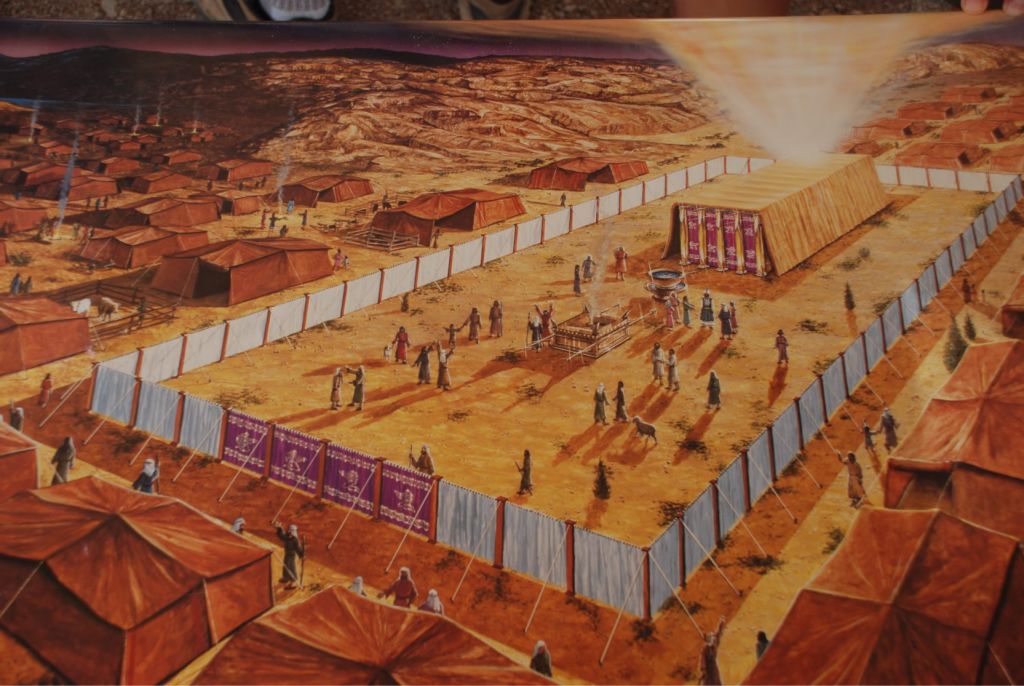
The Tabernacle was not a permanent place. It would move wherever the Israelites were called to move, but always the visible presence of God would be in the pillar of fire by night and cloud by day that was above the Tabernacle to guide the Israelites.
The Tabernacle consists of 3 parts; the outer court, the holy place and the holy of Holies. The Holy of Holies was where the Ark of God was placed. It is the most sacred room where no ordinary people, but only the high priest could have access to it. And only once a year, on the Day of Atonement. The holy of holies was the dwelling place of God in the midst of His people.
It was separated from the other parts of the tabernacle by a thick curtain, known as the “veil”. The veil symbolized the separateness of a holy God from a sinful people and it spoke of the holiness of God. The veil was a barrier to make sure that man could not carelessly and irreverently enter into God’s awesome presence.
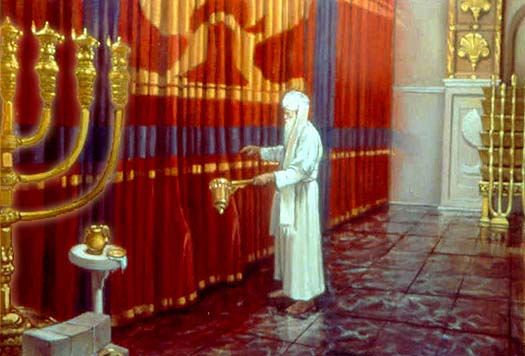
The worship of God was a serious matter in Old Testament days and if the high priest were found to be unclean or unprepared, he would be struck dead. The holiness of God cannot be taken lightly, just like when Moses met with God at the burning bush, He commanded Moses to take off his sandals, for he was standing on holy ground.
Hebrews 10:19-22 :
“Therefore, brothers, since we have confidence to enter the Most Holy Place by the blood of Jesus, by a new and living way opened for us through the curtain, that is, his body …let us draw near to God with a sincere heart in full assurance of faith.”
Luke 23:45-46,
“And the curtain of the temple was torn in two. 46 Jesus called out with a loud voice,a “Father, into your hands I commit my spirit.”
When Jesus made the sacrifice at Calvary, His act tore the veil between God and man. As a result, man can have the access into the Presence of God. Worship wasn’t cheap and it wasn’t bought cheaply by Christ. Today, we get to enter into the Holy of Holies, because of the blood of Jesus. Pr Mun Chung conveyed that there is immense privilege in worship and that as Christians, we should treasure this dispensation to the utmost.
The Heart of Worship
How to have a heart of worship? There are 3 things to keep in mind so that we can enter into God’s presence with a sincere heart and in full assurance of faith. Primarily, we need to keep a balanced consciousness of both the love and holiness of God. The passage of Isaiah 40:18-31 was used to illustrate this part of Pr Mun Chung’s sermon.
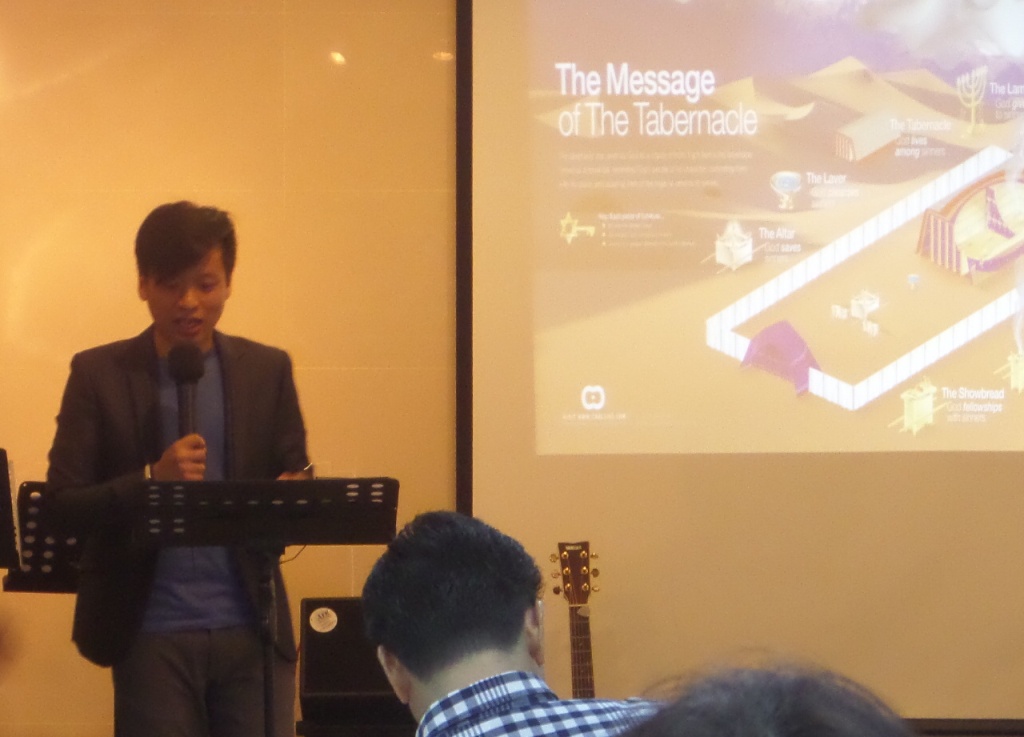
- Cast Down Our Idols (Isaiah 40:18-20)
The Israelites knew the worship system in the Tabernacle and of the Temple of Solomon so well. They engaged daily in temple worship with their burning offerings and sacrifices to the Lord, and yet within this passage, we read that the Israelites have missed the mark to worship God, as an individual and as a nation, and eventually they had fallen into idolatry. How could this happen?
This is something crucial we must understand, Pr Mun Chung said. Isaiah 29:13 gives us a clue of the drift to idolatry, where God had already ascertained and pronounced that the Israelites’ heart was far from Him. Though they worship God with their mouths, their hearts was far from Him, and their worship mere man-made rules learned by rote.
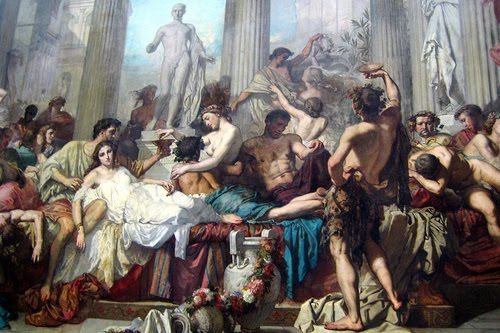
Worship of God becomes a ritual, legalism and a lip service; there is no engagement of heart and life. Their hearts were hardened slowly but surely. As a result, they have deserted God and chose to worship idols. Verse 21-24 tell us the danger of idolatry. It dulls one’s understanding, it makes one deaf to the words of God and it deceives and makes one to be blinded and ignorant towards the greatness of God and His judgment.
The verse above gives us a warning of the danger of outward religion. When there are idols in our life, we lose our discernment to God, just as the Israelites did. We see this in the gradual change of the people of Israel. Idolatry doesn’t happen overnight. It starts off with making worship as an external element where there is no engaging of heart and life. We can either choose to worship God or to worship the idols in our lives. Cast down our idols, we cannot serve two masters.
- Knowing God (Isaiah 40:25-29)
Knowing God involves more than just the mind. It also involves an element of personal knowledge and personal experience. This is extremely vital, Pr Mun Chung conveyed. Isaiah 40:25-29 speaks of the El Shaddai, and of God’s sovereignty and mightiness.
“To whom will you compare me? Who is my equal?” asks the Holy One in verse 25. He is the maker of everything in existence and He cannot be bound by anything. In verse 26, God says, “look up into the heavens, who created all the stars?” He brings them out one after another, calling them by name, and He counts them to see that none are lost. One star in the heavens alone dwarves us all, and yet there are many.

Very often, we rely on our own ‘smartness’, thinking that our plans are better than God’s. It is like a man who thinks he is so smart because he is able to spell “S-u-n”, not being aware that he is standing before the God who created not just the sun but many other stars besides.
But the power comes because it does not just speak about the showcase of God’s great and mighty power from past into eternity, but also about His great and awesome love for His people. It is mind-blowing that such a mighty being as God would care about such a flawed and weak being such as us, Pr Mun Chung expressed. The scriptures tell us that God is a personal God, He sees your troubles (v27). He gives strength to the weak (vs29).

Worship requires us to know God, knowing God engages our heart and mind. God cares deeply about us. How well do we know this almighty yet compassionate God?
- Waiting on God (Isaiah 40:31)
Isaiah 40:31 speaks about waiting and trusting in the Lord. ‘Wait’ in this verse is not a passive word, Pr Mun Chung said. The original meaning had the same denotation as to remain. It means to stand on your ground, to endure, holding on strongly to our positions in the midst of challenges and problems. It is an active word.
Will we be patient and long-suffering, waiting for God’s answer and for His will to unfold according to His timing? To wait upon the Lord is essential. It keeps us from falling away from God, and we will find our strength to be renewed and we will finish our journey of faith.
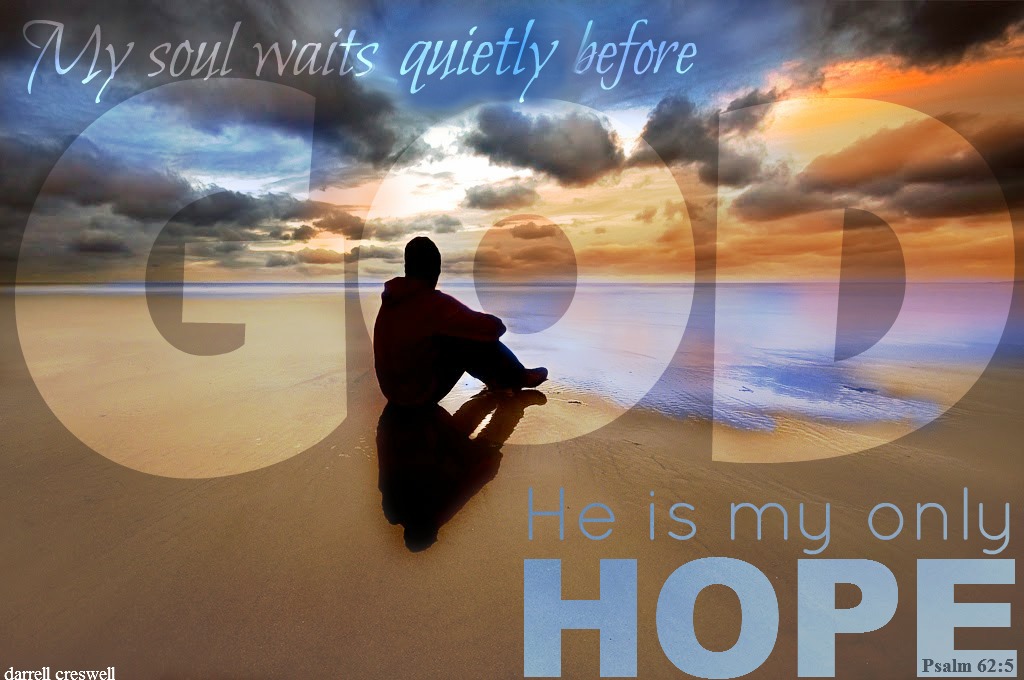
In closing, God does not need our worship, but we need to worship Him, Pr Mun Chung pointed out. He is the Almighty and everything good in existence bows and belongs to Him. Why then do we worship? We worship because it draws us nearer to God. We come to God in worship; God comes to us with His unending love, faithfulness and grace.
We need to cultivate a heart of worship that pleases God, by choosing to cast down our idols, to know Him and to wait upon Him. What then does it mean to truly praise and worship God? It is to both love and fear God, and we cannot leave one or the other out. Worship is both love for God and the fear of God.
|Share The Good News|
– Jason Law




Leave a Reply